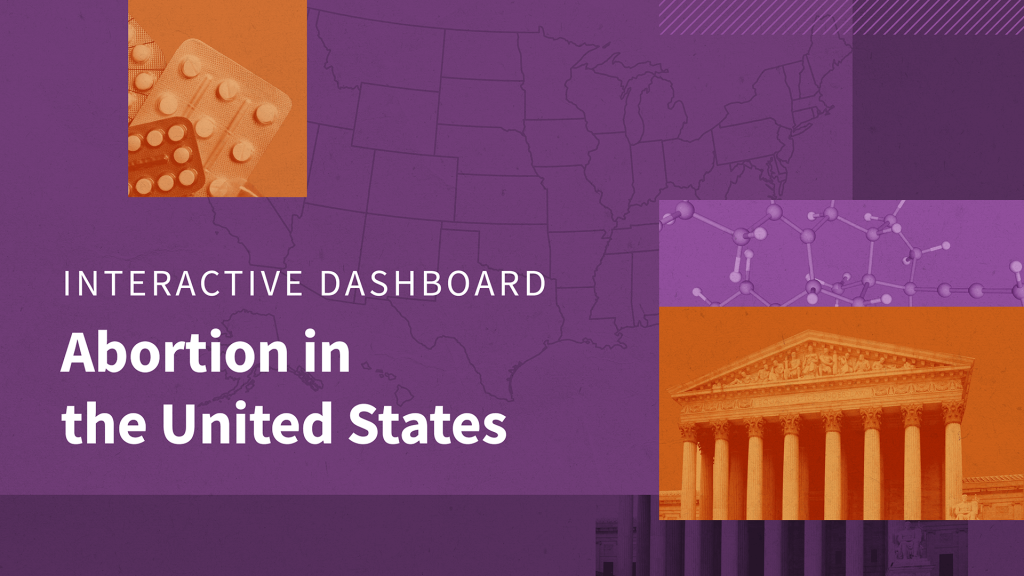Top 5 Things to Know about Women and Medicaid Ahead of the Election
Changes related to Medicaid could have major consequences for health coverage of women with low incomes as well as pregnancy, postpartum and other reproductive health care for women. Here are the top five things to know about women and Medicaid ahead of the election.
